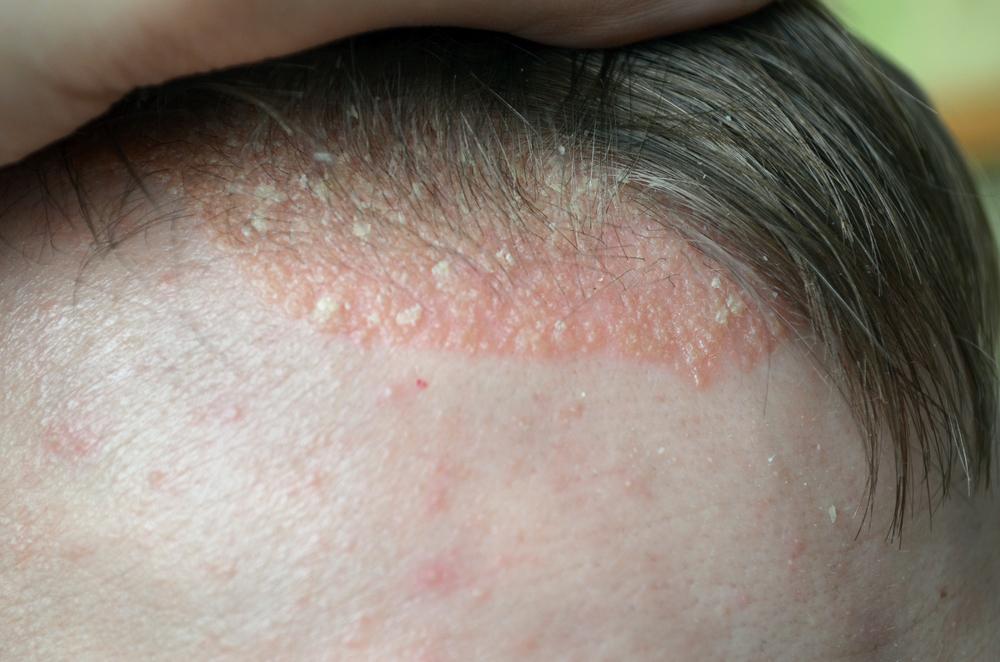Effective Natural Solutions for Alopecia Areata Management
This article explores natural remedies and lifestyle changes to help manage alopecia areata. It covers home solutions like garlic-coconut oil, onion juice, and herbal oils, along with dietary tips involving fruits, vegetables, and biotin-rich foods. Emphasizing stress management, proper diet, sunlight exposure, and regular exercise, it aims to support individuals in promoting hair regrowth naturally and effectively. The tips are backed by traditional wisdom and scientific insights, offering a holistic approach to tackling this autoimmune hair condition.

Effective Natural Solutions for Alopecia Areata Management
Alopecia areata is an autoimmune disorder causing patchy hair loss, often affecting eyebrows and eyelashes as well as scalp hair. The immune system mistakenly targets hair follicles, leading to hair shedding. While medical consultation is essential for proper treatment, several natural remedies can support healing and reduce symptoms.
Garlic and Coconut Oil Mixture
Coconut oil nourishes hair roots, promoting growth, while garlic offers antimicrobial benefits that cleanse the scalp. Combining these ingredients can be a powerful natural remedy to manage alopecia areata symptoms.
Fenugreek paste, made from soaked and blended seeds, helps regulate DHT hormone levels, which are linked to hair loss. Applying this paste to the scalp may stimulate healthy growth.
Onion Juice for Hair Regrowth
Known for its ability to enhance blood circulation, onion juice is a traditional remedy that supports hair regeneration for those with alopecia areata.
Bright-colored Fruits and Vegetables
Fruits like carrots, peppers, strawberries, and tomatoes are rich in beta-carotene and vitamin A, vital nutrients that promote robust hair growth when included regularly.
Aloe Vera Gel
Aloe vera contains aloenin, which may aid in hair regeneration, making it useful for improving hair density and health.
Foods Rich in Biotin
Eating nuts, seeds, eggs, lean meats, and bananas can boost biotin intake, essential for keratin production and overall hair strength.
Hibiscus and Dandelion Oil
Both hibiscus flowers and dandelion root help nourish scalp tissues, reduce inflammation, and stimulate dormant follicles for healthy hair growth.
Oatmeal Consumption
Oatmeal offers zinc, iron, omega-3 fatty acids, and beta-glucans that support hair vitality. Incorporate it into meals or snacks for added benefits.
Milk Thistle Oil
Rich in antioxidants, milk thistle oil strengthens hair roots and may help suppress hair loss, encouraging new growth.
Rosemary Oil
This essential oil improves scalp blood flow, reduces inflammation, and promotes healthy hair growth, making it a beneficial addition to hair care routines.
Lifestyle Modifications for Alopecia Areata
Managing Stress Levels
Although stress isn't a primary cause, it can exacerbate symptoms by causing hair follicles to enter a resting phase, hindering growth. Techniques to reduce stress are recommended.
Avoiding Processed Foods
Consuming a balanced diet rich in proteins, vitamins, and minerals supports hair health. Limiting processed foods high in sugars and sodium can prevent worsening of hair loss symptoms.
Regular Exercise
Physical activity helps alleviate stress and improve overall health, which indirectly benefits hair regeneration, especially in affected individuals.
Sun Exposure for Vitamin D
Lower vitamin D levels have been linked to alopecia areata. Regular sunlight exposure and consumption of vitamin D-rich foods like oily fish and fortified juices can enhance absorption and support hair health.Approximately 700,000 individuals face alopecia areata. While symptoms are manageable, natural remedies and lifestyle adjustments can accelerate recovery and improve quality of life.










